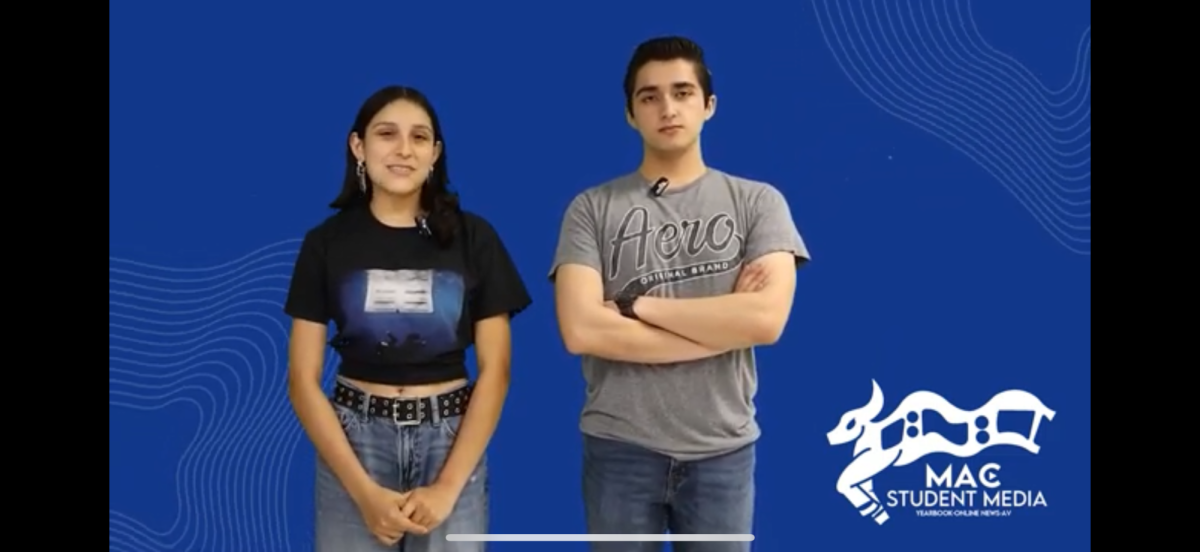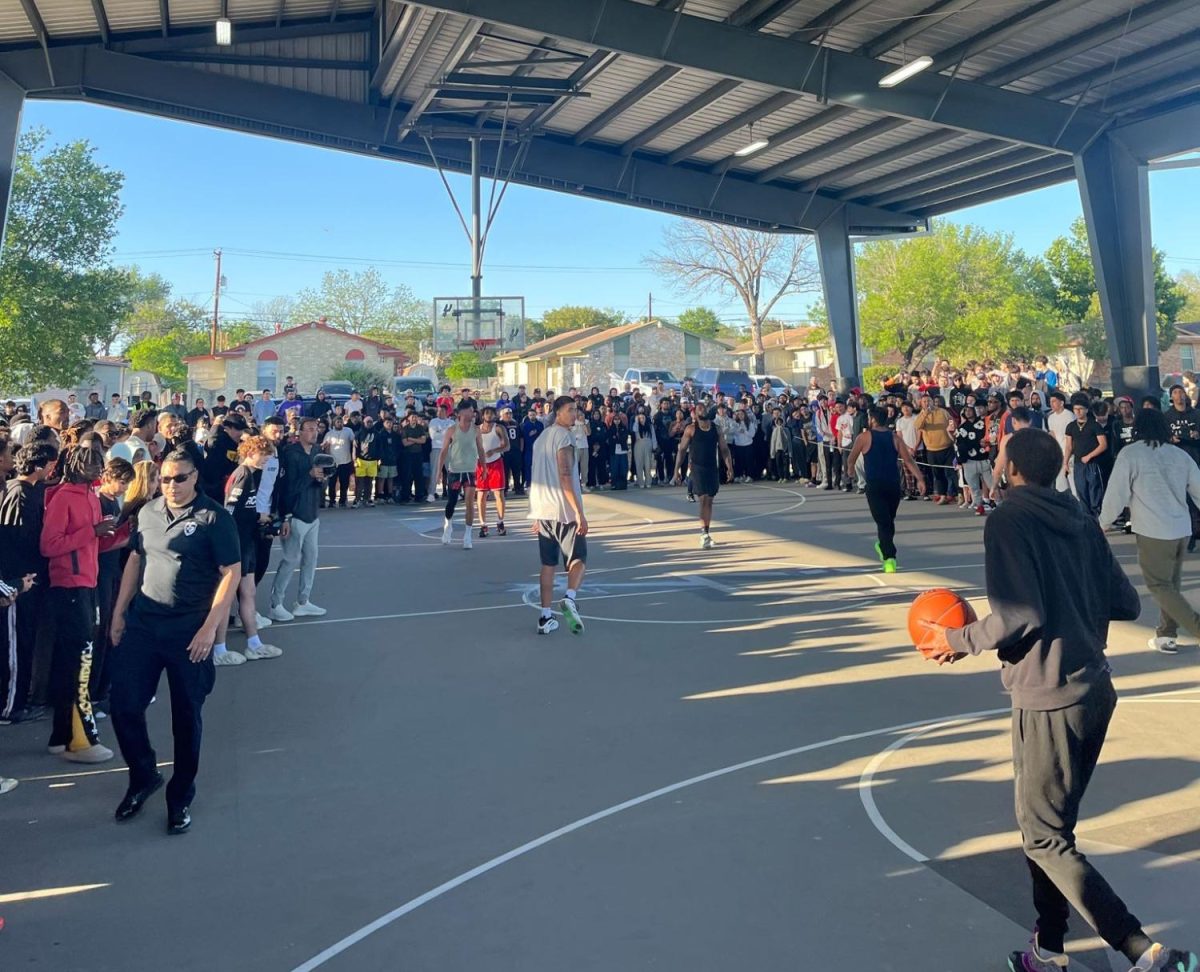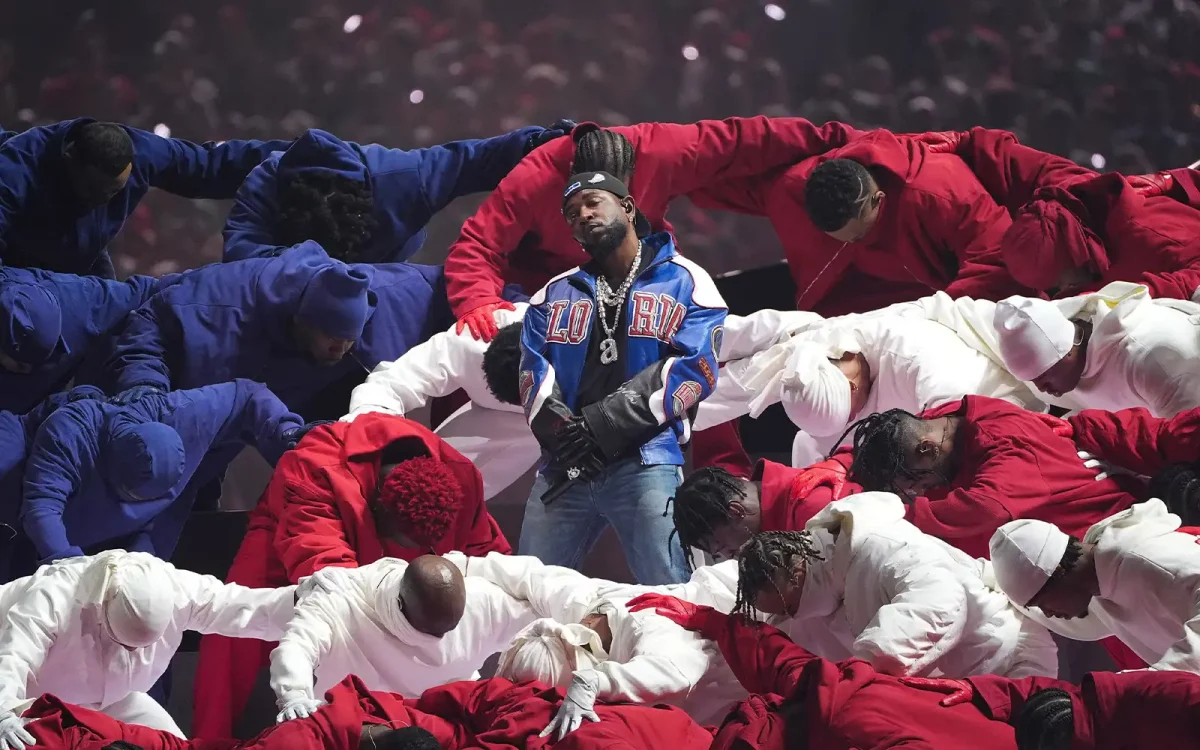
The case of Fisher v. University of Texas, over Affirmative Action in college campuses, has been brought before the Supreme Court. Abigail Fisher, from Sugarland Texas, claims she was denied admission to the University of Texas in Austin because of the University’s diversity programs.
Affirmative Action is used to refer to prorams in business and education that increase the percentage of minorities in the workforce or in higher education. The idea behind the various systems currently employed is that by giving an underpriveleged person the opportunity of a better education and higher wages, that person’s family will be benefitted and rise out of poverty. There would be the added benefit of bringing change to the business and education communities by making minorities more commonplace in them, so that eventually affirmative action will not be needed and everyone will have an equal opportunity.
Affirmative Action was never made a law, but was introduced by a series of executive orders under the Kennedy and Johnson administrations. The measure has been controversial since its inception; detractors claim that Affirmative Action is discrimination that ignores the skills and merits of applicants and selects based on race and background instead. This is not the first time the Supreme Court has heard a case dealing with affirmative action. In 2003, Gratz v. Bollinger and Grutter v. Bollinger established that Affirmative Action in a non-quantified form (i.e. getting “points” for being black) was constitutional. That they have decided to hear this new case means that the court has decided to alter its opinion.

Only eight justices will be hearing the case. Justice Elena Kagan has excused herself from the docket, due to a conflict of interest. Because of this, a tie is possible, in which case the lower courts decision that UT’s programs are legal will hold. In October, the Supreme Court will begin to hear arguments, and we may have to wait until next year for the decision.



















